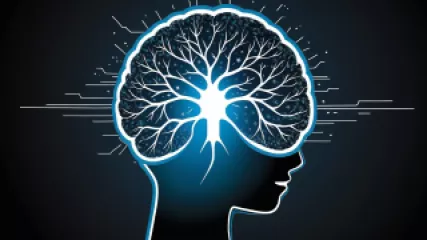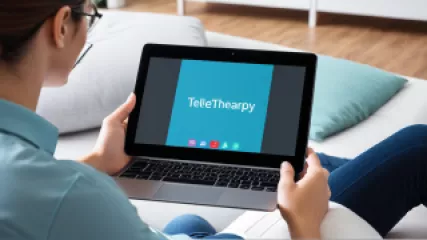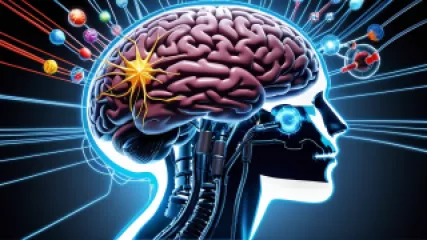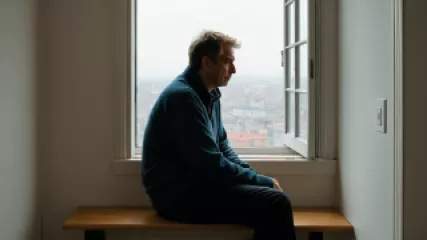Uncovering My True Self: A Journey of Personal Identity Discovery
1 year ago
Discovering Personal Identity
Effective Solutions to Overcome Mental Fatigue
1 year ago
Mental Fatigue Solutions
Unleashing Your Memory Potential: Lessons from Sherlock Holmes
1 year ago
Improving Memory Techniques
10 Steps to Cognitive Restructuring for Mindset Change
1 year ago
Mindset Change
Discover Expressive Writing Therapy Lessons from Memorable Movie Moments
1 year ago
Therapeutic Writing
Why Teletherapy is the Future for Anxiety Treatment
1 year ago
Anxiety
Boosting Cognitive Performance: Memory Techniques Explored
1 year ago
Improving Memory Techniques
Overcoming Anxiety: An Interview with a Teletherapy Expert
1 year ago
Anxiety
Unlocking Effective Behavior Management: An Interview with a Mental Health Expert
1 year ago
Behavior Management
Lessons from 'Rocky' for Motivating Success
1 year ago
Motivation
5 Powerful Marketing Lessons from 'Mad Men'
1 year ago
Impact of Advertising
The Psychological Aspect of Altruism: A Research Summary
1 year ago
Psychology of Altruism
My Journey from Loneliness to Connection
1 year ago
Dealing with Loneliness
Overcoming the Pandemic of Loneliness: My Personal Reflections
1 year ago
Dealing with Loneliness















